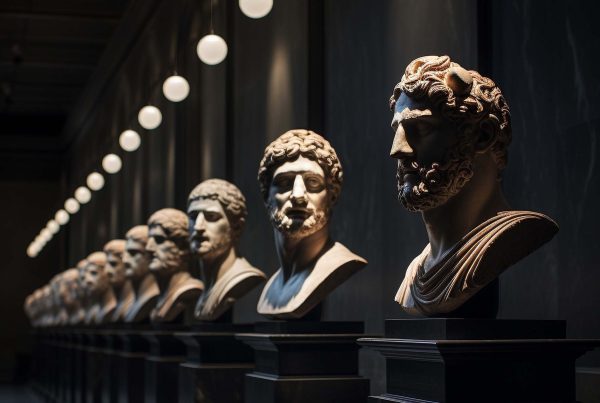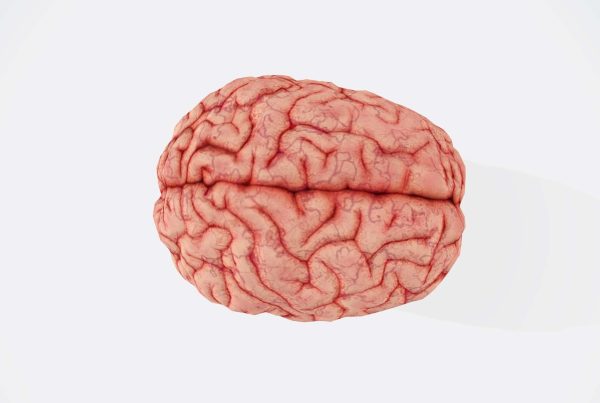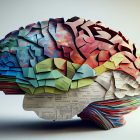 SAINT AUGUSTINE
SAINT AUGUSTINE
 HERMENEUTICS
HERMENEUTICS
HERMENEUTICS
 WRITING PHILOSOPHY
WRITING PHILOSOPHY
WRITING PHILOSOPHY
 STOICISM
STOICISM
STOICISM
 MIDDLE EASTERN TRADITIONS
MIDDLE EASTERN TRADITIONS
MIDDLE EASTERN TRADITIONS
 AFRICAN PHILOSOPHY
AFRICAN PHILOSOPHY
AFRICAN PHILOSOPHY
 FORMS OF PHILOSOPHICAL WRITING
FORMS OF PHILOSOPHICAL WRITING
FORMS OF PHILOSOPHICAL WRITING
 THE FRANKFURT SCHOOL
THE FRANKFURT SCHOOL
THE FRANKFURT SCHOOL
 CRITICAL THINKING AND LOGIC TEXTBOOKS
CRITICAL THINKING AND LOGIC TEXTBOOKS
CRITICAL THINKING AND LOGIC TEXTBOOKS
 LOGICAL ATOMISM
LOGICAL ATOMISM
LOGICAL ATOMISM
 UTILITARIANISM
UTILITARIANISM
UTILITARIANISM
 THE ESSAY OF ASSERTION
THE ESSAY OF ASSERTION
THE ESSAY OF ASSERTION
 INTRODUCTORY PHILOSOPHY TEXTS
INTRODUCTORY PHILOSOPHY TEXTS
INTRODUCTORY PHILOSOPHY TEXTS
 BOOKS TO GUIDE NOVICE PHILOSOPHY STUDENTS
BOOKS TO GUIDE NOVICE PHILOSOPHY STUDENTS
BOOKS TO GUIDE NOVICE PHILOSOPHY STUDENTS
 ESSENTIAL WRITING SKILLS
ESSENTIAL WRITING SKILLS
ESSENTIAL WRITING SKILLS
Logic
Books
-
Straw Dogs: Thoughts on Humans and Other Animals
$10.29 -
The Architecture of Happiness
$16.29 -
Shadow Work Journal and Workbook: The Most Comprehensive and Easy-to-Follow Guide to Integrate and Transcend Your Shadows and Find Inner Peace Through Self-Discovery
$16.57 -
Invitation to Sociology: A Humanistic Perspective
$15.30 -
The Metaphysical Club: A Story of Ideas in America
$11.99 -
Courage Under Fire: Testing Epictetus’s Doctrines in a Laboratory of Human Behavior (Hoover Essays)
$5.00 -
The Ultimate Stoicism Collection: Letters from a Stoic (All 124 Letters), Meditations of Marcus Aurelius, The Enchiridion, Of Peace of Mind, Of Anger, Of Providence, The Discourses of Epictetus, The Golden Sayings of Epictetus, Fragments Attributed to Epictetus, Lives of the Eminent Philosophers: The Stoics, & Marcus Aurelius Biography
$28.99 -
Nietzsche and Levinas: “After the Death of a Certain God” (Insurrections: Critical Studies in Religion, Politics, and Culture)
$34.00 -
Al-Ghazali and the Divine (Routledge Studies in Islamic Philosophy)
$54.95 -
Existentialism: A Very Short Introduction
$11.95 -
Second Coming of Christ: Living with Anticipation and Joy
$4.99 -
Walden: The Original 1854 Edition (A Henry David Thoreau Classics)
$8.97 -
Raja Yoga or Conquering the Internal Nature
$5.95 -
True Crime Case Histories – Volume 7: 12 Disturbing True Crime Stories (True Crime Collection)
$13.99 -
Stoicism and the Art of Happiness: Practical Wisdom for Everyday Life (Teach Yourself)
$11.29 -
The Passion of the Western Mind: Understanding the Ideas that Have Shaped Our World View
$15.69
The Atomos Blog
Philosophy of Law: An Introduction
Philosophy of Law: An Introduction
Philosophy of Science: An Introduction
Aesthetics: An Introduction
Epistemology: An Introduction
Ethics: An Introduction
Logic: An Introduction
Metaphysics: An Introduction
Philosophy of History: An Introduction
Philosophy of Language: An Introduction
Philosophy of Mind: An Introduction
Philosophy of Technology: An Introduction
Political and Social Philosophy: An Introduction
Environmental Philosophy: An Introduction
Existentialism and Phenomenology: An Introduction
Feminist Philosophy: An Introduction
Philosophy of Mind: An Introduction
Terms & Concepts

Idealism


































































